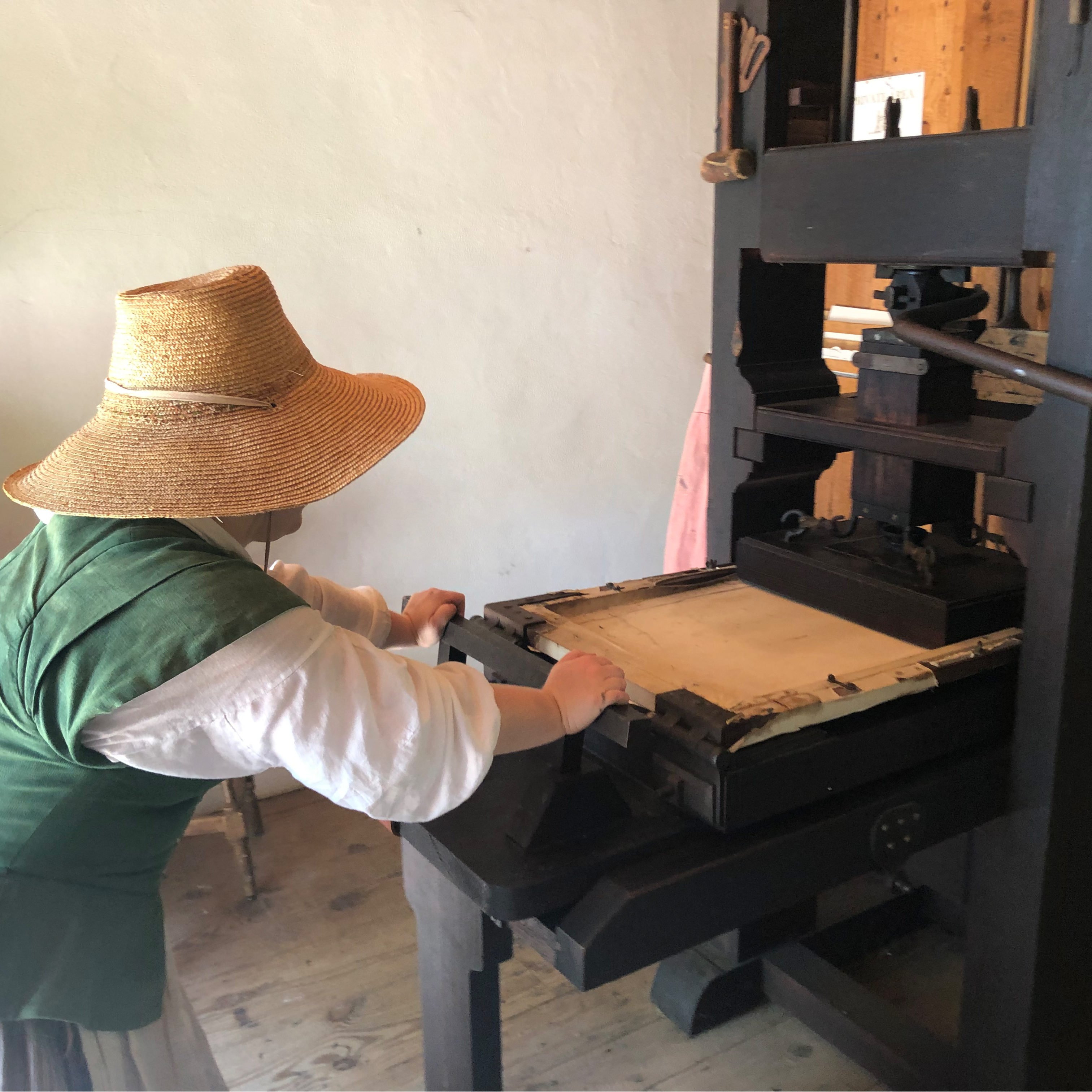In 4th grade (age 10), Waldorf children do a block on Local Geography: specificially, the relationship between an area's
geography and its
history and traditional
industries. Because I grew up in Maryland, and love it still, I want Zac to do an MLB on Local Geography, History & Industry for Southern Maryland
as well as one for Southern Illinois. So he will have one more MLB than his classmates this year!
For History, we will look at the Revolutionary War (Chestertown Tea Party, Burning of the Peggy Stewart) and War of 1812 (Burning of Washington D.C. by the British, Francis Scott Key writing "Defence of Fort M'Henry").
Waldorf children go much deeper into U.S. History in grade 8, so this is just a quick look at a few events which tie directly into the local geography.
The traditional Industries of Southern MD are farming (tobacco) and working on the water (fishing, oyster tonging, crabbing).


state flag & county flag
I'm just finishing up writing a Ruzuku course for this main lesson block. It's an interesting process to write a course for a block that will -- quite literally -- be different for every single person who teaches it! But I think I've found a framework that will work well for anyone, no matter where you live, and I'm going to put in my MD block as an example as well.
I packed a bunch of books for this block, and may end up with a few more when all's said and done. But here is what I have so far:

Misty of Chincoteague
by Marguerite Henry
100 year anniversay of Pony Penning Day is this year!

Fossils of Calvert Cliffs
by Wallace Ashby

Horseshoe Crabs and Shorebirds: The Story of a Food Web
by Victoria Crenson - Delaware Bay

Oscar and Olive Osprey: A Family Takes Flight
by Janie Suss

Life in the Chesapeake Bay
by Alice Jane Lippson & Robert L. Lippson

Waterman's Child
by Barbara Mitchell

Molly Bannaky
by Alice McGill - tobacco, Benjamin Banneker

Leonard Calvert and the Maryland Adventure
by Ann Jensen - Historic St. Mary's City

The Chester Town Tea Party
by Brenda Seabrooke
- Revolutionary War (May 23, 1774)

The World Turned Upside Down: Children of 1776
by Ann Jensen - Revolutionary War (Oct 19, 1774)

By the Dawn's Early Light: The Story of the Star-spangled Banner
by Steven Kroll
- War of 1812 (Sep 14, 1814)
The American Twins of 1812
by Lucy Fitch Perkins - War of 1812 (takes place in 1812)
available online for FREE
Maryland Geography & Maryland History
by Mary Michael
Field Trip Ideas:
oysters
Calvert Marine Museum
Solomons MD
J.C. Lore Oyster House
Solomons MD
Annmarie Sculpture Garden
Solomons MD
St. Clement's Island Museum
Coltons Point MD
tobacco
Sotterley Plantation
Hollywood MD
Godiah Spray Tobacco Plantation
Lexington Park MD
Historic St. Mary's City
St. Mary's City MD
Revolutionary War
Historic Chestertown
Chestertown MD
Hammond-Harwood House
Annapolis MD
National Colonial Farm
Accokeek MD
Thomas Stone National Historic Site
Port Tobacco MD
George Washington's Mount Vernon
Mount Vernon VA
War of 1812
Calvert Marine Museum
Solomons MD
Jefferson Patterson Park & Museum
St. Leonard MD
Fort McHenry
Baltimore MD
Smithsonian's American History Museum
Washington DC
misc. & etc.
Unfortunately, we could not be in town for any of the local reenactments!
Annapolis Tea Party 250th Commemmoration
Oct 19, 2024
Rebels & Redcoats: A Southern Maryland Revolutionary War Family Event
Apr 5, 2025
Chestertown Tea Party Festival
May 23-25, 2025
100th Annual Chincoteague Pony Roundup, Swim & Auction
July 30-31, 2025
We are not doing the Civil War now but, if we were, Dr. Samuel A. Mudd House Museum and Zekiah Swamp would definitely be on the field trip list! We drive right by Wilderness Battlefield and Chancellorsville Battlefield when we come so I have promised Zac that when we do learn about the Civil War, we will focus on battlefields that we can visit and tour in person.
This post contains affiliate links to materials I truly use for homeschooling. Qualifying purchases provide me with revenue. Thank you for your support!















































 Immersive Experience
Immersive Experience Immersive Experience
Immersive Experience






